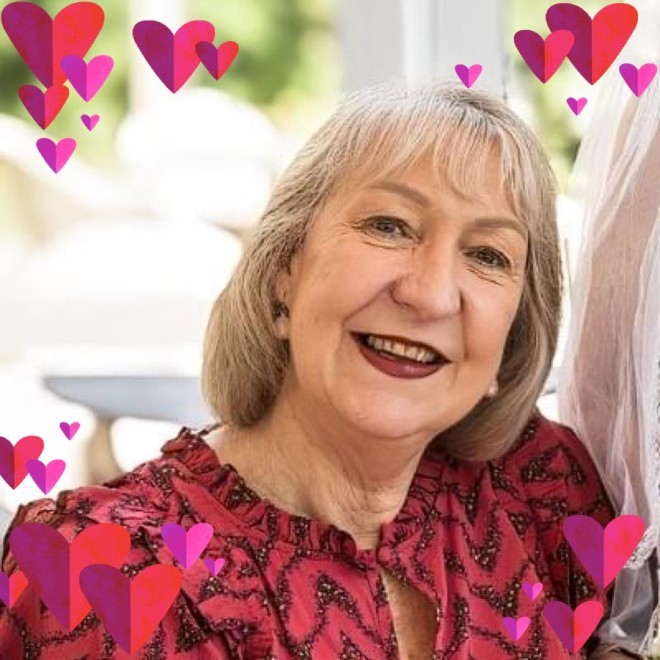 Zuccherino Cakes just donated $2,040
Zuccherino Cakes just donated $2,040 Melanie just donated $130
Melanie just donated $130 SUK HUNG just donated $54.12
SUK HUNG just donated $54.12 Tram Evil Barbee Evil Barbee just donated $1,314
Tram Evil Barbee Evil Barbee just donated $1,314 Dianne just donated $54.12
Dianne just donated $54.12 Dan Vinson just donated $55.18
Dan Vinson just donated $55.18 Margaret Booth just donated $106.12
Margaret Booth just donated $106.12 Grace just donated $54.12
Grace just donated $54.12 Allyvia just donated $52.92
Allyvia just donated $52.92 Lynette just donated $106.12
Lynette just donated $106.12 Michelle just donated $100
Michelle just donated $100 Jaida just donated $33.15
Jaida just donated $33.15 Patricia just donated $33.15
Patricia just donated $33.15 Karen Larsen just donated $106.12
Karen Larsen just donated $106.12 Ally just donated $54.12
Ally just donated $54.12 Amelia just donated $54.12
Amelia just donated $54.12 Rosetta just donated $80.25
Rosetta just donated $80.25 Kylie just donated $54.12
Kylie just donated $54.12 Zuccherino just donated $64
Zuccherino just donated $64 Sandy just donated $106.12
Sandy just donated $106.12
In September 2019, Elsa Larsen created Kristen’s Living Legacy to honour her sister Kristen, who was diagnosed with Low-Grade Serous Ovarian Cancer, a rare form of ovarian cancer affecting younger women. Since then, Elsa has helped raised significant funds through initiatives like Peaks4Kristen and the Low-Grade Serous Ovarian Cancer Initiative, with the community rallying behind to organise events and fundraisers. These efforts support research, improve treatments, and inspire others to get involved.
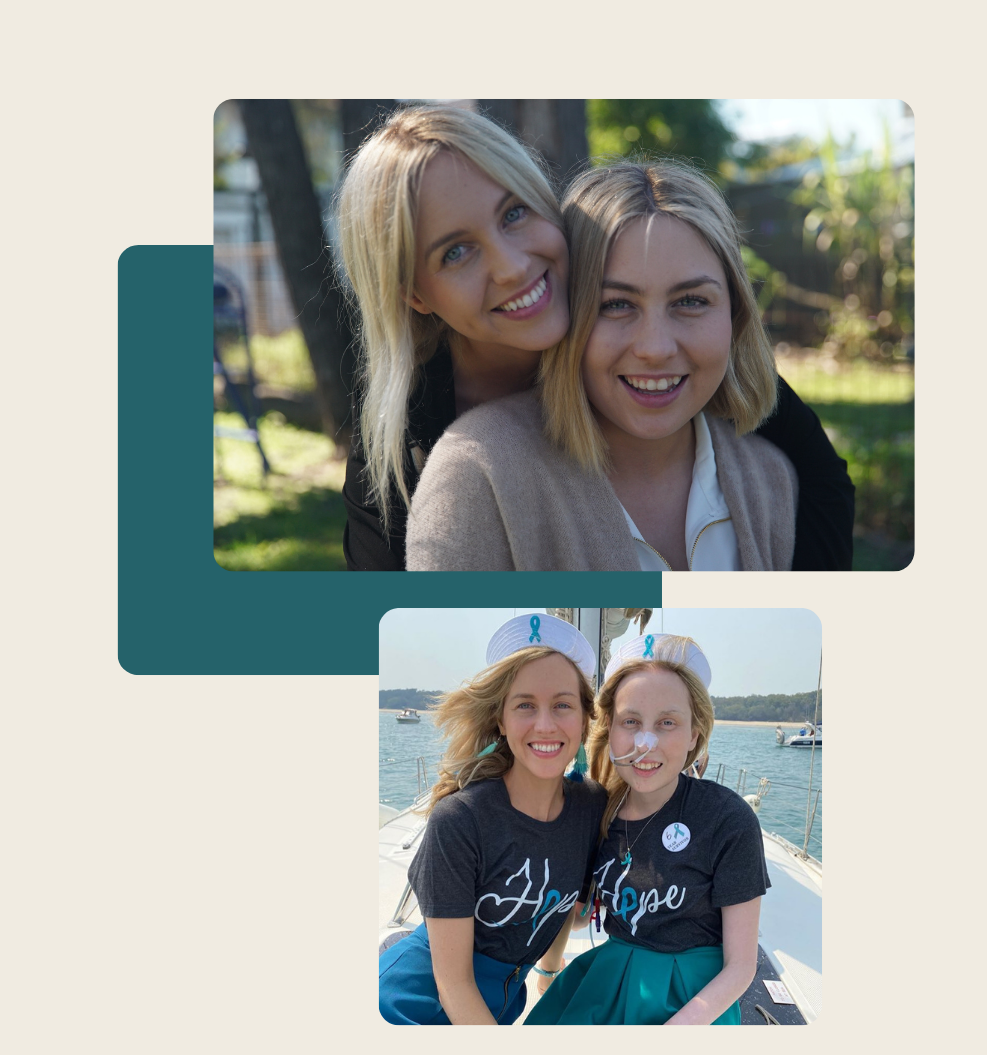
Kristen was diagnosed at 21
We’re proud to work alongside incredible supporters across Australia to advance LGSOC research. Among them are Elsa and Kristen Larsen, whose dedication to making a difference for women with LGSOC is truly inspiring.
In 2013, at just 21 years old, Kristen was diagnosed with Stage 3C low-grade serous ovarian cancer. The diagnosis was shocking; She had no family history of cancer and experienced minimal symptoms before her diagnosis.
Kristen underwent an 11-hour debulking surgery and six rounds of aggressive chemotherapy, achieving NED (no evidence of disease). Unfortunately, the cancer recurred just 12 months later. Despite numerous treatments to slow progression and stabilise her tumours, Kristen’s cancer continued to progress. Each treatment extended her life, and she was profoundly grateful for the advancements in research that made this possible.
Determined to make a difference, Kristen dedicated the six years following her diagnosis to raising awareness and funds for LGSOC. She passionately embraced her role as an advocate, sharing her story globally, speaking at events, and leading numerous campaigns. Her relentless efforts raised millions for ovarian cancer charities.
On December 9, 2019, Kristen passed away at the age of 27. Shortly before her death, she established her ‘Living Legacy’ page to inspire ongoing donations and fundraising in her honour. Kristen’s wish was for her story to continue making a difference in ovarian cancer research.
Today, Elsa, her friends and her family continue Kristen’s legacy through dedicated fundraising efforts in her memory. Their commitment honours Kristen's wish for her story to drive ongoing progress in LGSOC research.
“I dedicated my years here on earth to raising awareness and funds for cancer research. Women like me, with low-grade ovarian cancer, need disease specific research and this is extremely difficult to compete for funding for.” – Kristen
HOW TO GET INVOLVED
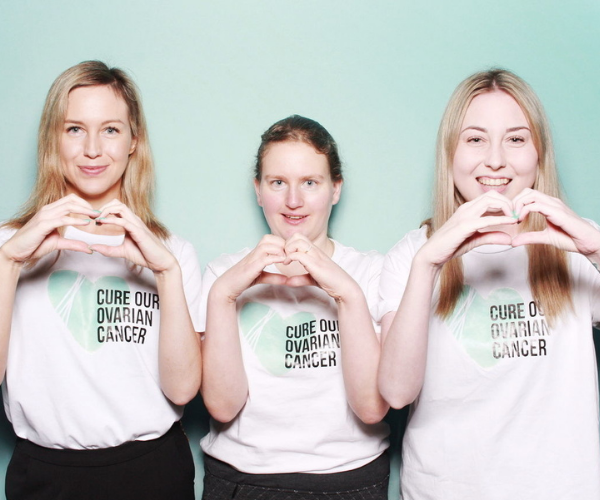
Fundraise
Host an event, take on a challenge, or celebrate a milestone. Rally your community to help raise funds and awareness.
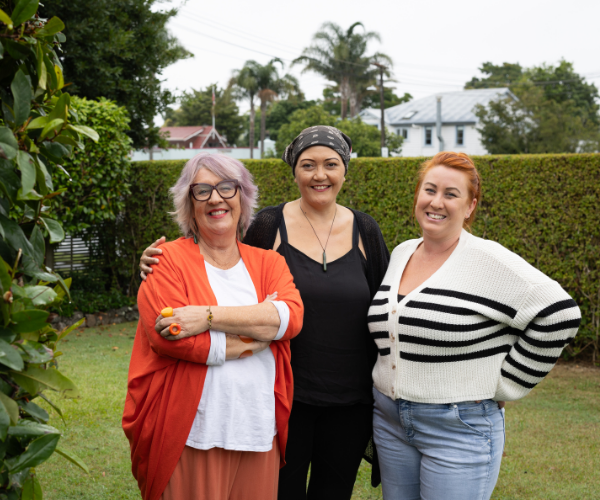
Donate to LGSOC
Your gift helps fund vital research, support programs, and advocacy for women diagnosed with Low-Grade Serous Ovarian Cancer.
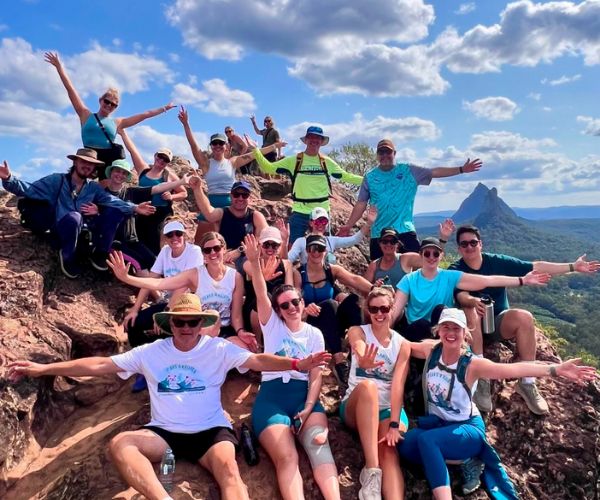
Peaks4Kristen
Join the challenge and help honour Kristen’s legacy by trekking five peaks to raise funds for ovarian cancer research.
Key Information
What is low-grade serous ovarian cancer?
Low-grade serous ovarian and peritoneal cancer (LGSOC) is a type of ovarian cancer that disproportionately affects younger women and has poor response rates to chemotherapy. It is usually found after the cancer has spread to other parts of the body when it is more challenging to treat.
Low-grade serous ovarian cancer is associated with a precancerous condition called borderline tumours. It is unrelated to the more common and similarly named high-grade serous ovarian cancer (HGSOC).
Low-grade serous ovarian cancer is usually treated with surgery and medical treatments, including chemotherapy, hormonal therapy, targeted therapies and clinical trials.
How is low-grade serous ovarian cancer diagnosed?
Low-grade serous ovarian cancer can be detected with a CA-125 blood test and an ultrasound (or other imaging). Like other ovarian cancers, there is no screening test and testing is only indicated if there are symptoms.
If ovarian cancer is suspected, a sample of the cancer is needed to confirm the exact diagnosis; this is removed by surgery or, less often, a biopsy.
Differences between low-grade serous and high-grade serous ovarian cancer
Until 2004 low-grade serous and high-grade serous ovarian cancer were thought to be very similar. We now know they are each unique and completely different cancers. Examples of how they differ include their grade, development, genomics, inheritance risk, age at diagnosis, frequency, response to chemotherapy and survival.
Research and clinical trails for low-grade serous ovarian cancer
Researchers are working to improve the survival of LGSOC. This includes:
- Repurposing treatments from other diseases
- Making existing treatments work better
- Finding new treatments
- Identifying biomarkers to target treatments to individuals
Clinical trials are a type of research people with low-grade serous ovarian cancer can volunteer for. They help doctors understand how better to treat LGSOC and can give people access to new treatments that they otherwise could not access.
Learn more about:
To learn more about Low-Grade Serous Ovarian Cancer, including symptoms, treatment options, and research, please visit lgsoc.org.





